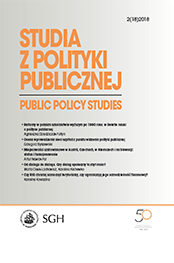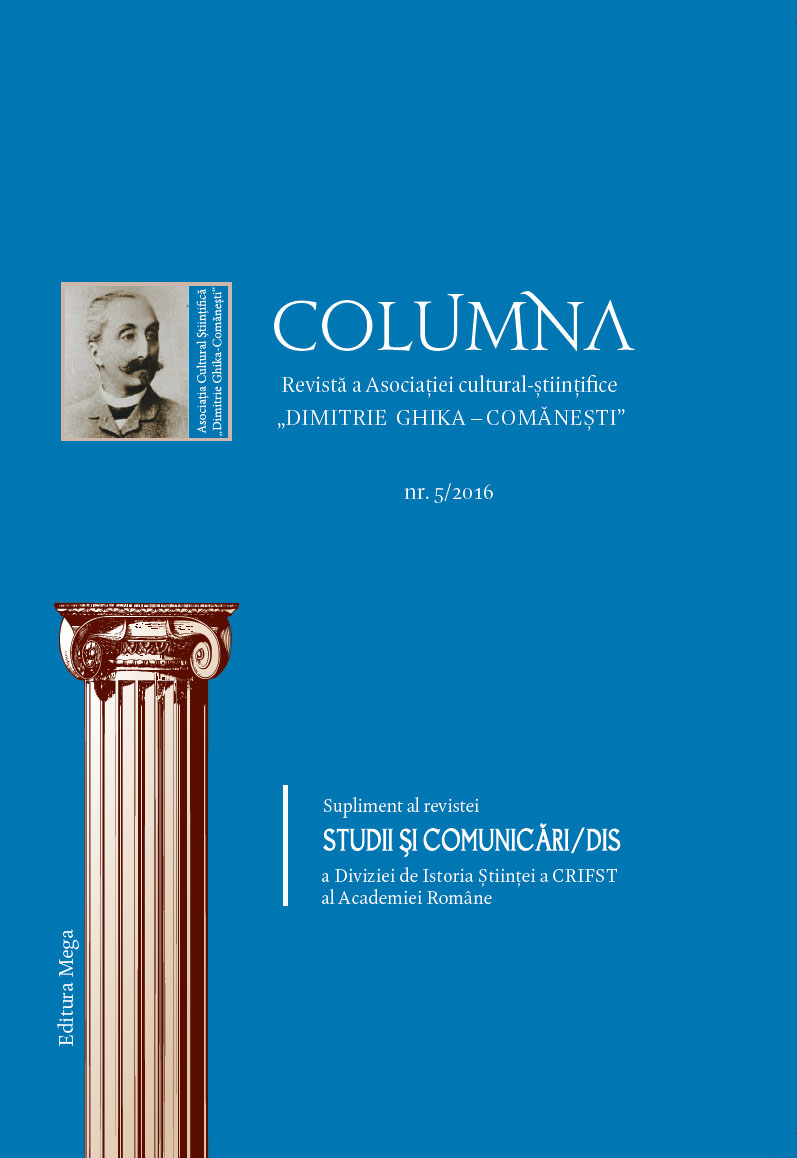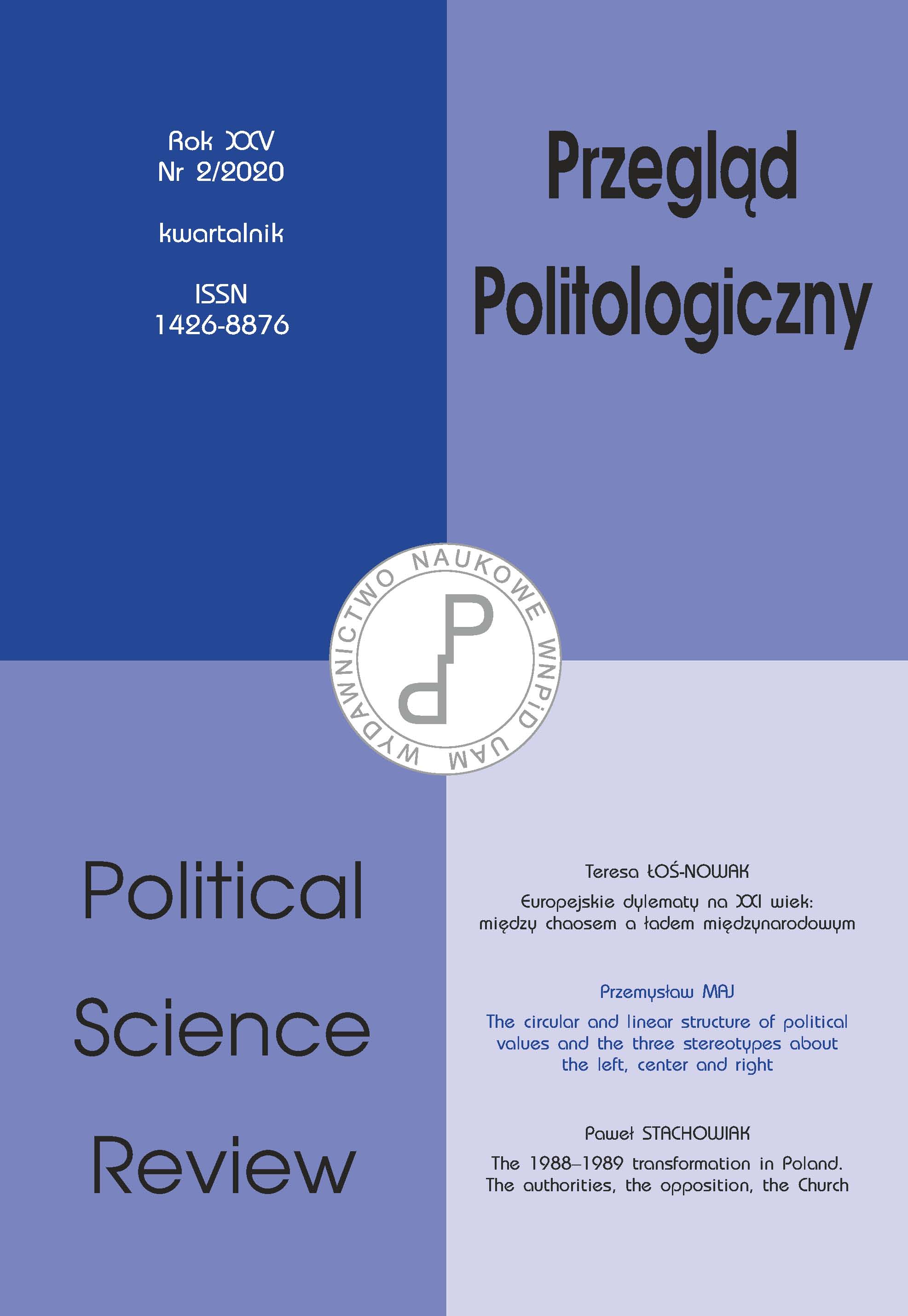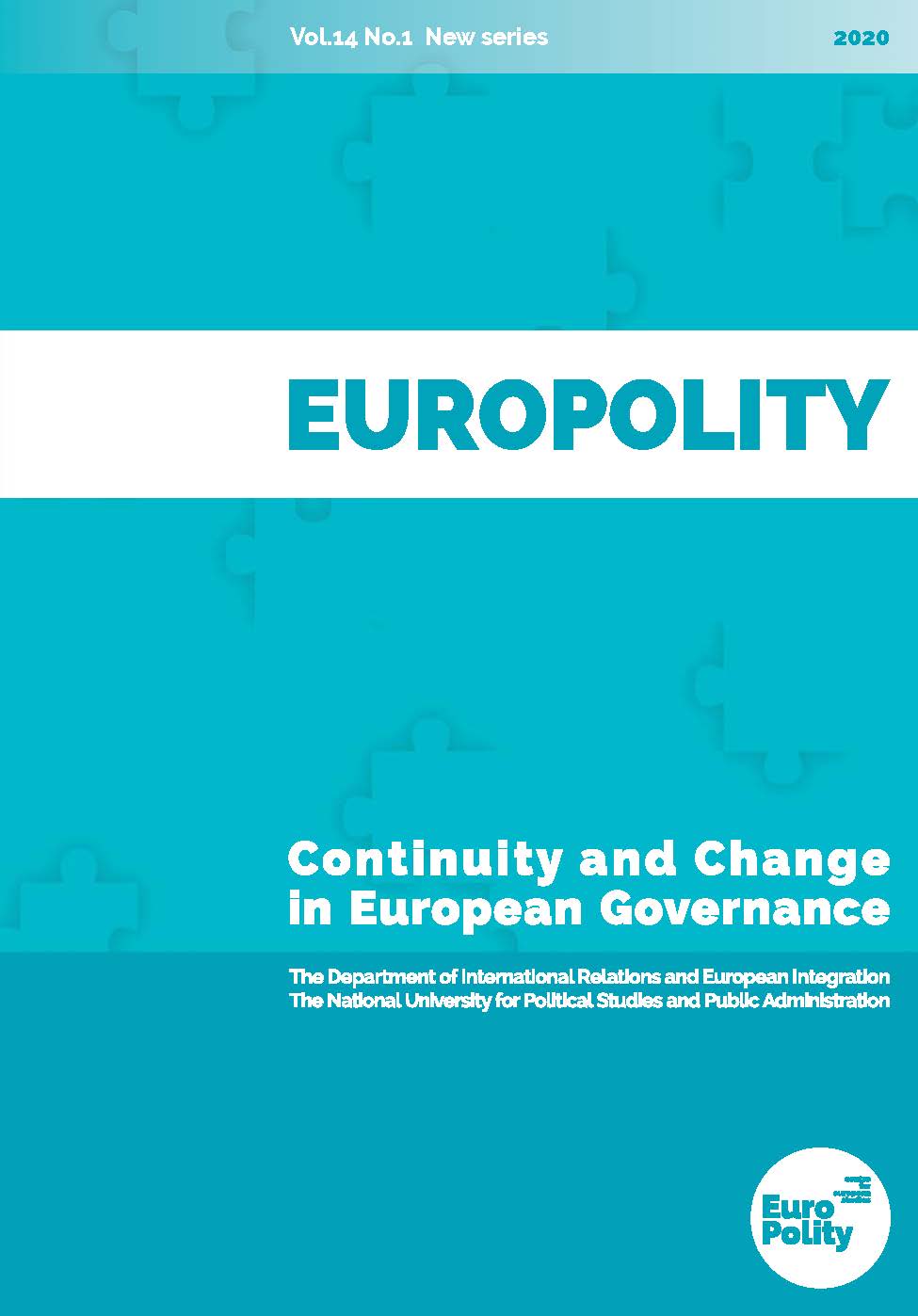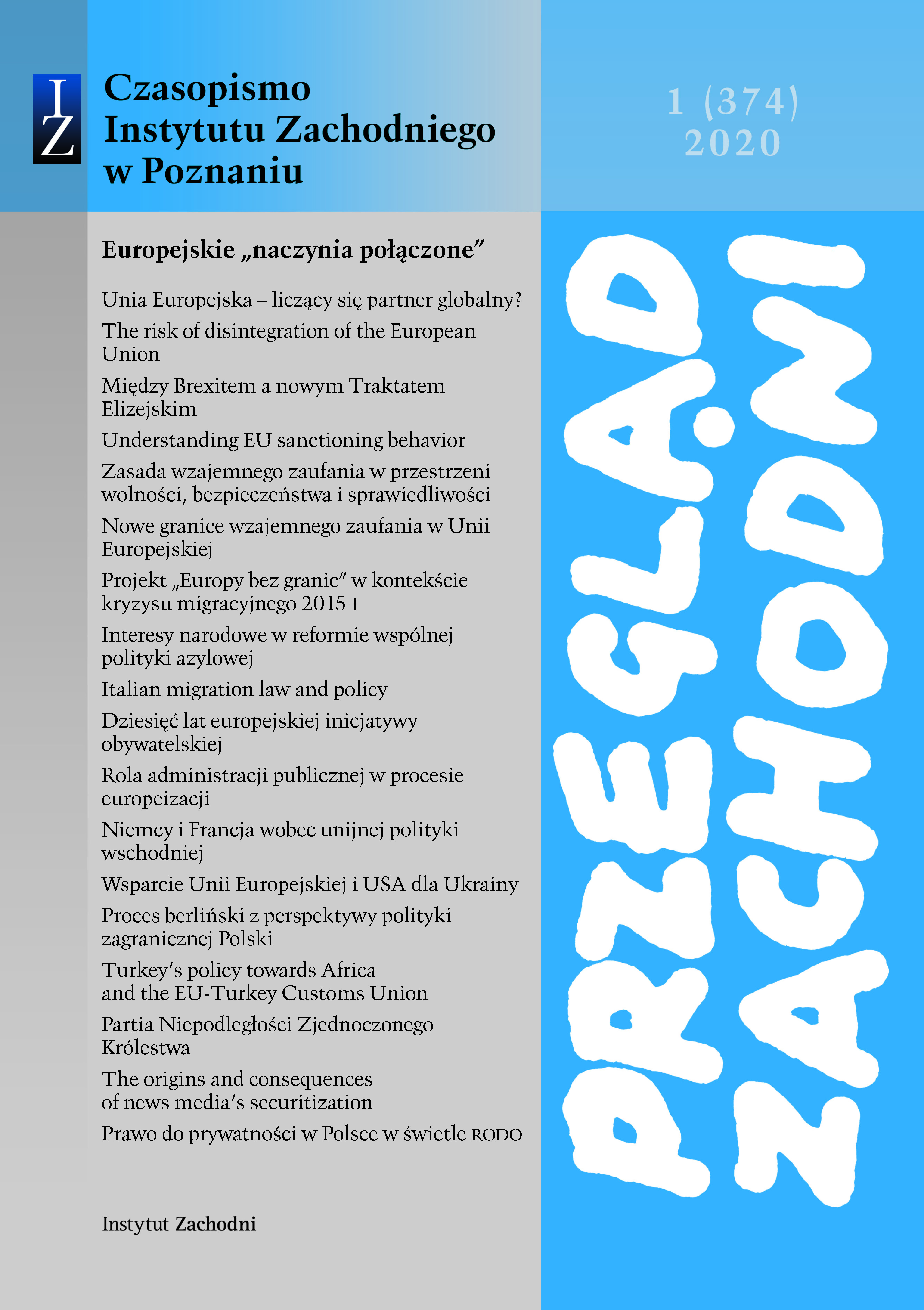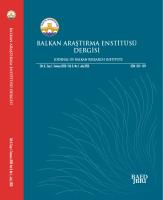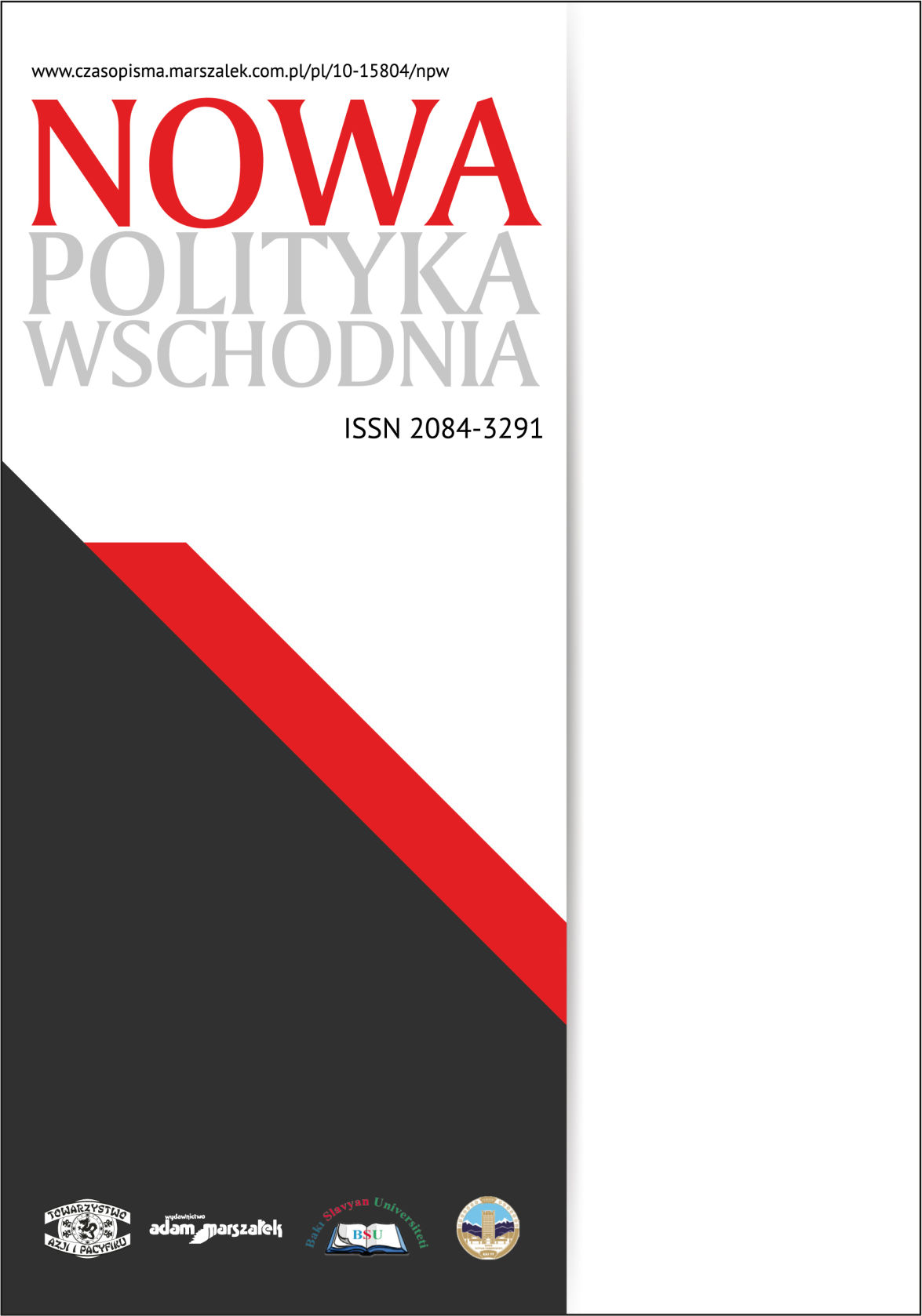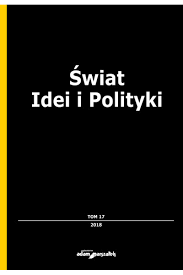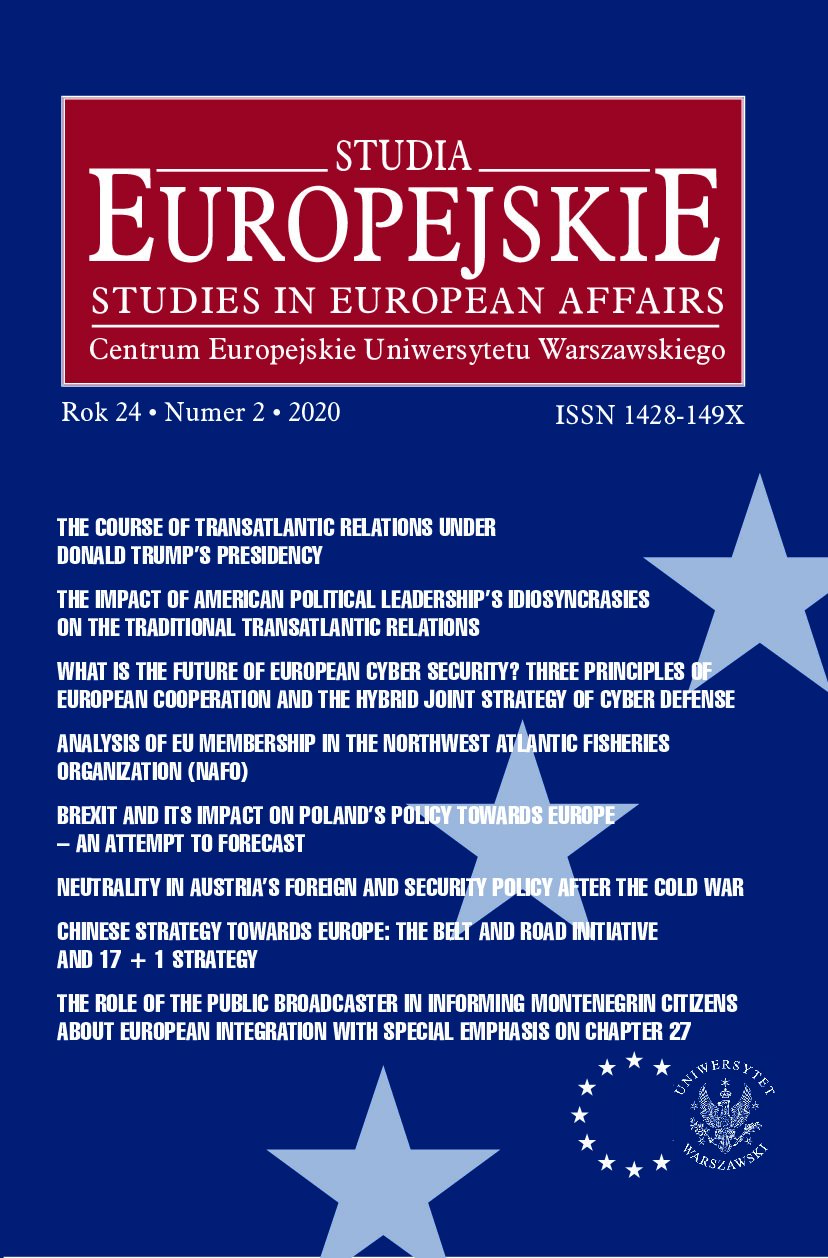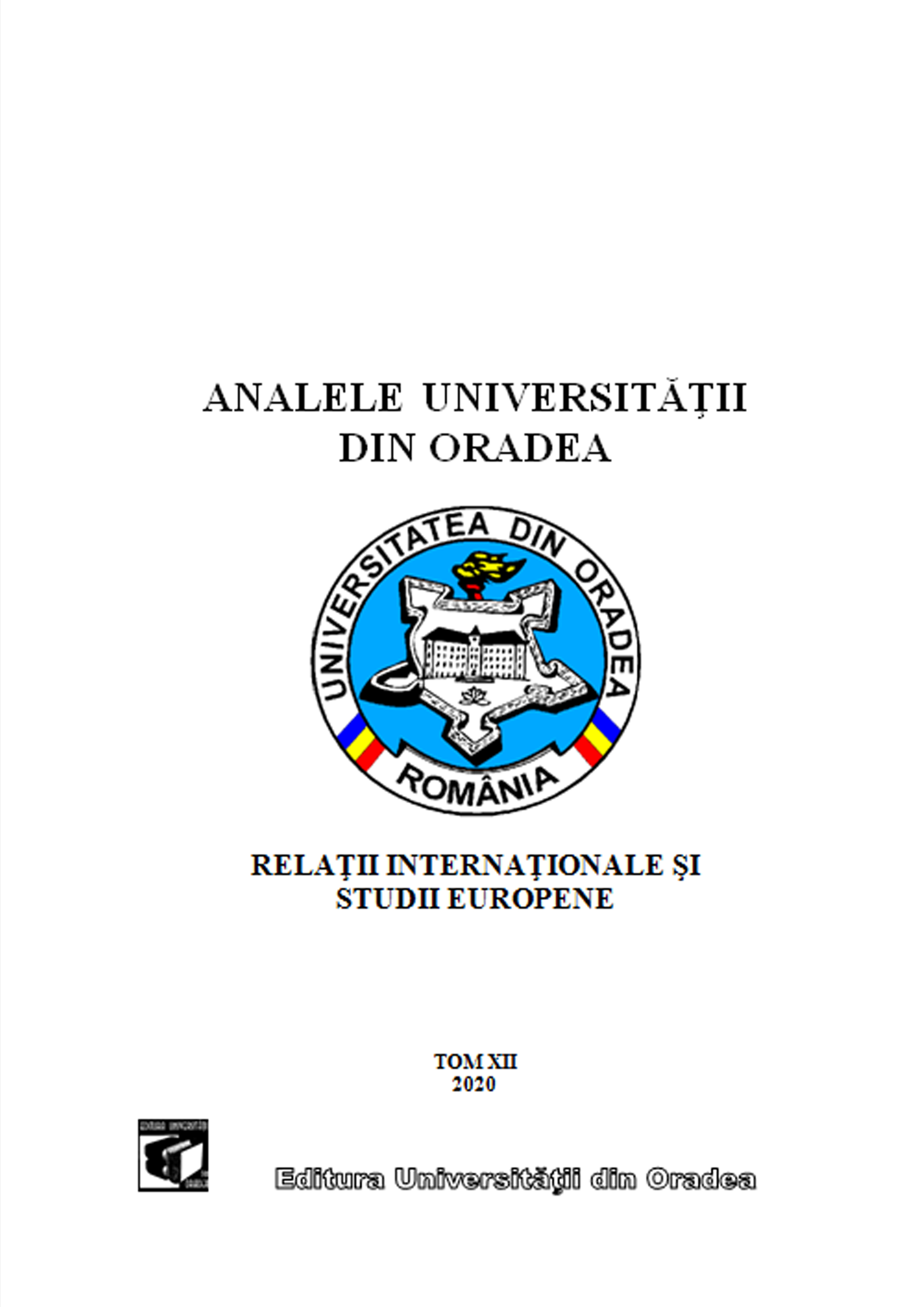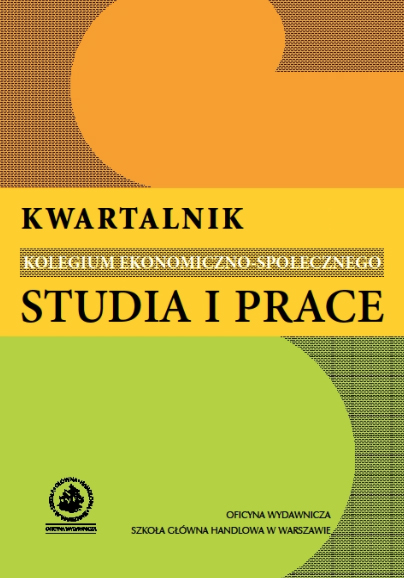
Unia europejska jako podmiot w procesie instytucjonalizacji stosunków międzynarodowych
European Union is principal example of the so-called fourth current of institutionalization of international relations. What makes it special in the context of other state-like communities is the level of integration and what follows the level of institutionalization of intra-communal relations. There are two levels of institutionalization of intentional relations in integration organizations. On the first level international relations are institutionalized within the community of states. The second level concentrates on institutionalization of relations between the community and other subjects of international relations. The European Union is an example of organization that is advanced on both levels of institutionalization. This paper analyzes institutionalization of international relations between EU and developed states (Australia and New Zealand) and Mercosur - another integrational organization. Recommencement of negotiation between EU and Mercosur on a treaty of association, as well as commencement of negotiations between EU and Australia on the conditions of a Framework Agreement, have taken place at the moment when it was certain that world economy has to cope with the effects of a serious recession. Those actions, although they may seem irrational, are thoroughly rational as they increase the chances of reaching a compromise. Crisis helps to concentrate on the core problems and states (or organizations of states) are more willing in that distinctions to reach an agreement, provided that the balance tilts in their favor (even if the results of negotiations are very different from what was assumed at the beginning).
More...
